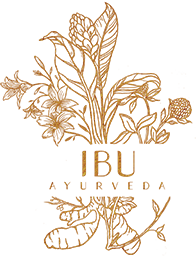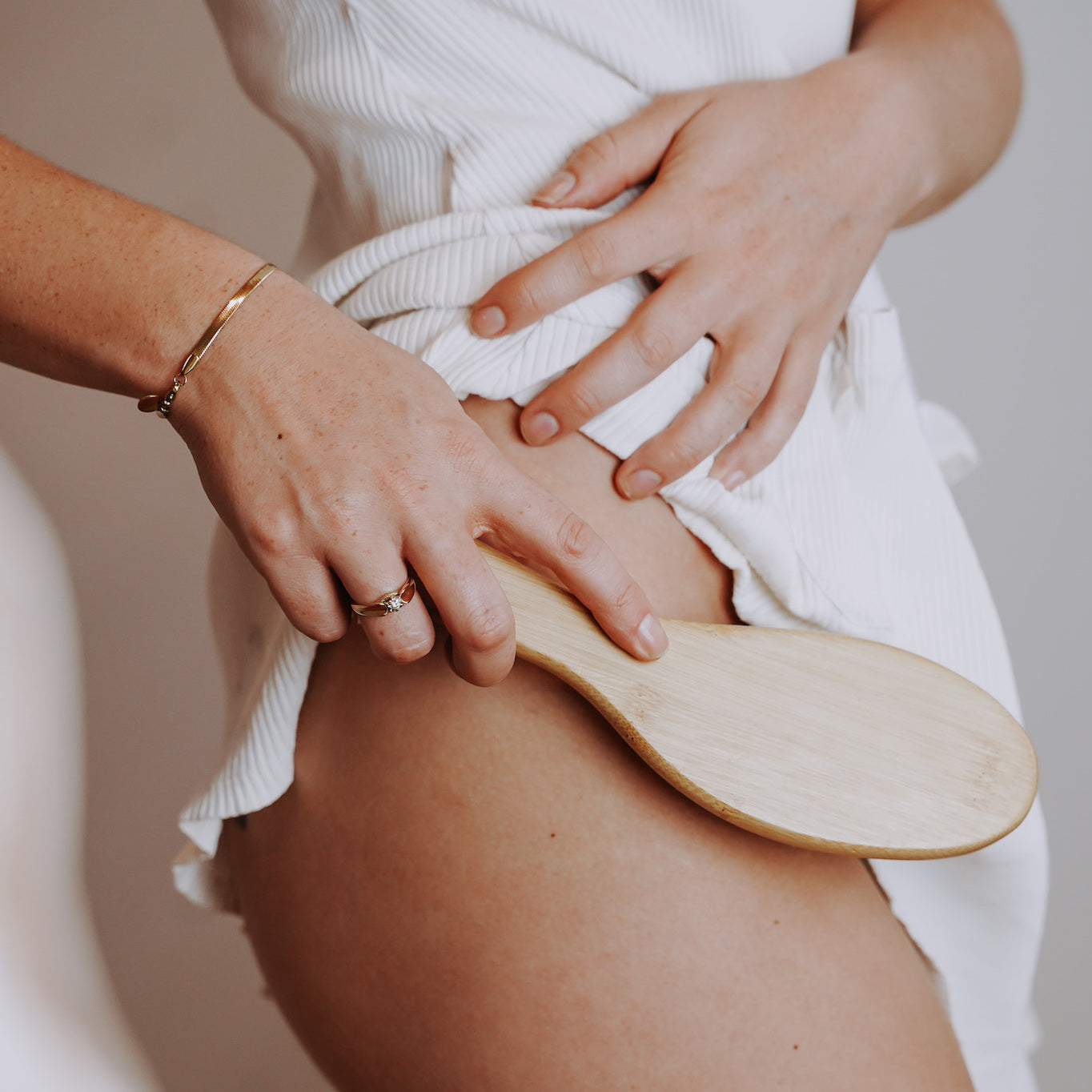40 Days at Home Postpartum: What You Should Be Doing

You’ve spent a long nine months - three trimesters - waiting for the arrival of your little one. But as you’re settling at home after labour, you might want to rethink jumping back into business as usual.
In Ayurvedic medicine, there’s a saying that goes, “Forty Days for Forty Years.”
Essentially, this means that what the new mother does during her first 40 days postpartum will define the next 40 years of her life, specifically her health. That’s why many consider the first 40 days postpartum to be the fourth trimester. What you do during this time can have an impact on your health and your bond with your baby.
What is the 4th Trimester?

The moment your newborn leaves the womb, the two of you start on a new path together. This is as much of an adjustment for mum as it is for baby. Your body must now start to heal from the physical traumas of pregnancy and delivery, and your baby is adjusting to the world around them as they learn and grow.
But as much as it is your priority to care for your baby, you must also care for yourself. This means minimising the stress surrounding you and tuning out all other obligations other than those that accompany your newborn.
This is the foundation of the 4th trimester. Modern society seems to have forgotten the ancient Ayurvedic principles that focus on the mother’s recovery and baby’s care equally. Mothers of newborns are tired and may struggle with hormonal mood swings and breastfeeding. Embracing the fourth trimester can help to instil confidence and reduce stress for new mothers as they transition into a new phase of life.
How to Experience 40 Days Postpartum

In Ayurvedic medicine, the 40-day postpartum recovery includes a few basic, helpful activities that prioritise self care:
Rest
Cooking, cleaning, laundry, and errands can be handed off to someone else during postpartum recovery. This allows mum to sleep when the baby sleeps and allow her body to use its resources to heal.
Eat Warm Foods
Warm foods like soups, roasted veggies, and oatmeals are comforting. You need to eat enough calories to produce milk for your baby and fuel your body with nutrients that will promote healing. In Ayurvedic health, Kitchari is a go-to dish for new mothers for nutrient-rich flavors. Here’s a recipe on how to make this delicious mung bean and rice porridge at home.
Drink spiced Lactation Tea
Ayurvedic spices and herbs are chosen to stimulate milk production, promote warmth and support the digestive system. Our Motherhood blend of tea is ideal for lactation while also supporting physical recovery, mood, and immunity.
Massage your self or have someone massage you daily with Vata oil
Abhyanga or Ayurvedic massage is one of the best tools for anyone to ground and restore balance to the Vata dosha. After child birth the open space in the body creates vata disturbance. When you are in the midst of the postpartum stage and experiencing the effects of Vata, a loving self-massage each morning or evening will help you stay healthy and grounded.
Use Postpartum Belly Wrap
Belly binding is an Ayurvedic tradition that supports the abdominal muscles postpartum as your body heals from pregnancy. Wraps like the Bengkung can improve posture and support the torso while your organs return to normal.
Establish Boundaries
In our modern society, women feel pressured to do and be it all, even days after having a baby. Setting boundaries can help you protect your sense of well-being and stick with your Ayurvedic postpartum recovery. Sometimes, this means tuning out or letting go of relationships that aren’t serving your best interest. This can be a painful experience, but it can also be liberating.
The First 40 Days: Next Steps
The end of the 40-day postpartum period is a time to celebrate. Mums are usually regaining their energy. Breastfeeding is well established. And the bond with your little one is unbreakable. Be excited to find your rhythm again and for what’s to come next, but don’t let your eagerness overshadow the importance of postpartum recovery. When you make you a priority, you can be the best YOU possible.






Comments